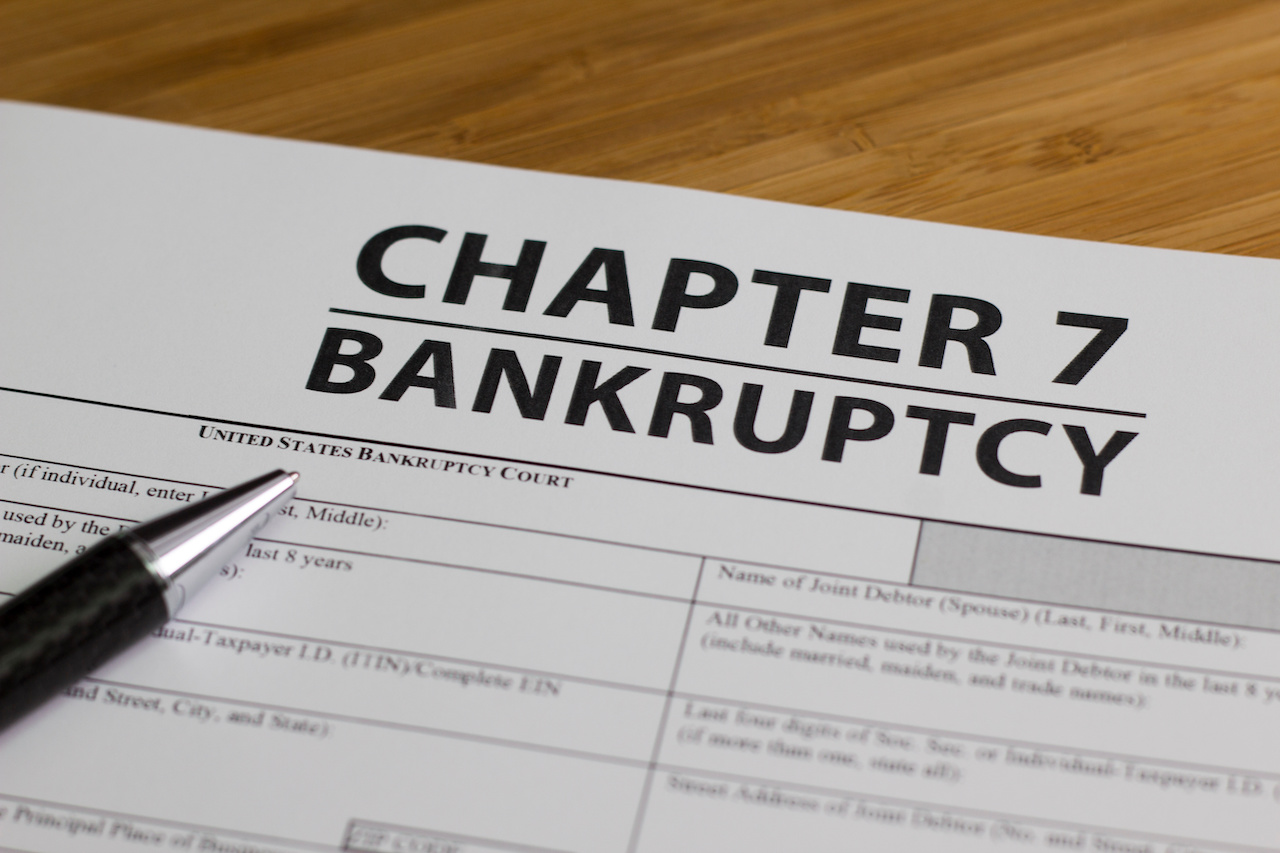
Is Chapter 7 Bankruptcy Good For Struggling Fintech Companies?
Bankruptcy has long been considered the ultimate financial sin. Consumers are turned off by myths about applying for debt relief because they mistakenly think that doing so will cause them to lose all they own or ruin their credit for good.
In actuality, bankruptcy such as Florida bankruptcy can provide you with a fresh start, but it can be pricey for those who can least afford it. A Chapter 7 bankruptcy filing can cost up to USD$4,000 in legal and attorney fees. Fintech companies must submit to a means test that considers all of their income, expenses, and assets to qualify for it and earn less than the median income in their state. It’s a significant obstacle and many fintech companies who could benefit from declaring bankruptcy can’t afford the attorney and court costs.
Why Is Chapter 7 Bankruptcy Good For Struggling Fintech Companies?
It’s undeniably challenging to decide whether to file for bankruptcy. Overall, it’s a challenging procedure with both benefits and drawbacks. In particular, Chapter 7 bankruptcy will temporarily harm your company’s credit, but it may offer much-needed relief and a plan to restore your financial stability.

Below are reasons why Chapter 7 bankruptcy is good for struggling fintech companies:
- Debt Consolidation Is The Goal
The obvious benefit of filing for Chapter 7 bankruptcy is that it eliminates most of your company’s unsecured debts. It can lift a massive weight off your shoulders in just a few months. Credit card debt, medical expenses, and personal loans are all examples of unsecured debt that can be discharged.
Self-employed employees, small business proprietors, and corporate entities are eligible to file for Chapter 7 bankruptcy under the same rules. Regardless of your income, you qualify for financial aid. Individuals must, however, undergo credit counseling from an accredited credit counseling service within 180 days of filing.
- A Quick And Efficient Method
Your consultation, attorney meetings, credit counseling, and attorney/trustee meetings can all be completed within three to five months of filing for bankruptcy. Managing a large amount of debt can be a challenging experience. If you apply for Chapter 7 bankruptcy, you may be able to get your debts discharged in an average of 60-90 days, based on the circumstances.
- Flexibility Of Credit
If your financial position is terrible, you may want to consider bankruptcy. It isn’t easy to obtain credit. Foreclosure borrowers have no interest in getting loans. Once you file for bankruptcy, it’ll be even more difficult for you to secure any credit. You may have to wait a bit before your credit rating is recovered from bankruptcy, but the longer you wait, the less likely creditors will hold your default against you. There’s no way around it—you must go through the complete bankruptcy procedure to get back on your feet again.
Some credit lines are more accessible than others. A secured credit card can help you improve your credit if you pay your bill on time every month. As a result, applying for one may be a wise move.
- There Will Be No Repossessions Or Collections
Collection efforts are halted immediately upon filing for Chapter 7 bankruptcy. As a result, any litigation, wage garnishments, or phone calls from creditors must end. All of your creditors, whose names and addresses you supply to the bankruptcy clerk, will be notified.
There’s no need to stress about repossessions or debt collection anymore. The Bankruptcy Code allows debtors to keep most of their property. The bankruptcy trustee can’t sell your exempt property to pay your creditors since it’s declared exempt.
The states’ exemptions differ. Exemptions, however, usually apply to most of what we regard as necessities in life. In many cases, your car, most of your household goods, and a percentage of your home’s equity are considered ‘exempt’ from taxes.
- Unsecured Debt Cancellation
Due to an automatic stay enforced by the court, creditors and collectors won’t be able to make phone calls, garnish wages, or otherwise pursue repayment from you. You no longer have to pay credit card debts and unsecured debts that aren’t tied to any collateral. In essence, you’re given a new lease on life and the opportunity to rebuild your financial foundation.
Conclusion
If your fintech company is struggling financially, you may want to look at filing for Chapter 7 bankruptcy because it can consolidate debt, it’s quick and efficient, it’s flexible for your credit, your company won’t suffer repossessions or recollections, and it cancels all unsecured debts. A bankruptcy filing isn’t a bad thing or a cause for shame. That was never the goal, as seen from today’s perspective. Filing for bankruptcy is a difficult decision. Personal circumstances and long-term financial goals will influence your decision.





